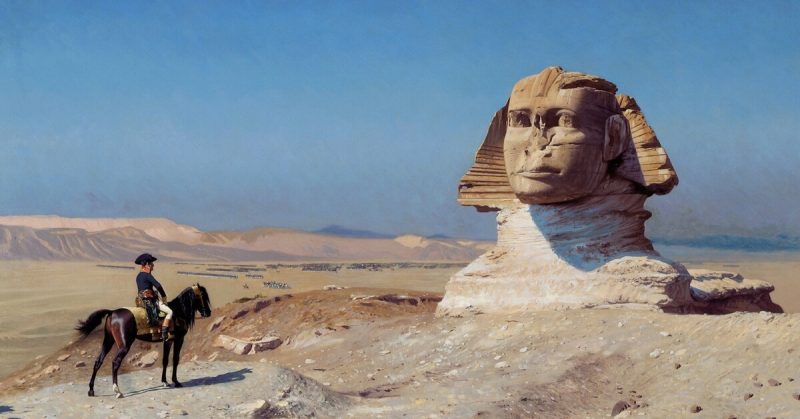Napoleon Bonaparte began life as the son of relatively minor Corsican nobility. Through talent, perseverance, and charisma, he forged a path that took him to the leadership of his nation and the conquest of Europe.
To do this, he rose through several official positions, including ones he created for himself.
Officer
Born in 1769, Napoleon was less than ten years old when he first entered the military academy at Brienne-le-Château in 1779. An able student, he graduated in 1784 and moved on to the prestigious École Militaire in Paris.
In Paris, the young Napoleon trained as an artillery officer. He had a gift for both mathematics and command and excelled at his studies. In his spare time, he read about past leaders such as Julius Caesar and Alexander the Great, learning from their lives and fostering his ambition to rule.
On graduating in January 1786, Napoleon was made a second lieutenant in an artillery regiment. What followed was uninspiring work for such a driven man. Stuck on garrison duty in provincial towns, he took time off to return to Corsica.
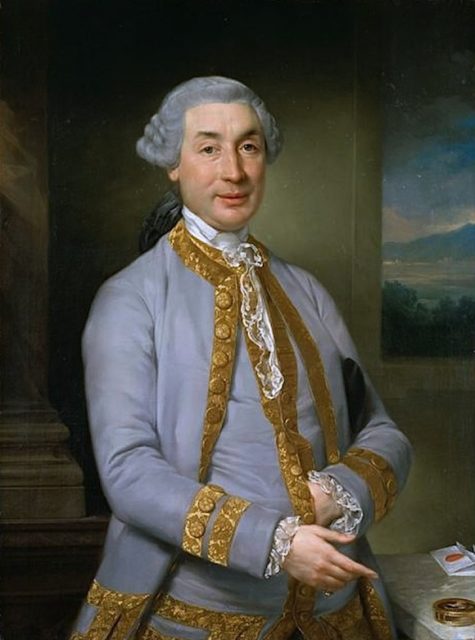
The French Revolution of 1789 created the opportunity he needed to shine. He led a volunteer regiment in the three-way conflict between revolutionaries, conservatives and Corsican nationalists on his home island. His politics then shifted from Corsican nationalism to revolutionary Jacobinism, making him popular with those in power. In July 1792, he became a captain in the regular army.
He made his mark in the Siege of Toulon in 1793. There he commanded the artillery against rebels who had seized the town. He captured a vital hill which led to the acquisition of the city. Napoleon’s courage, as well as his intelligence, were on display, as he was wounded leading the attack.
Following his success at Toulon, Napoleon was one of the favorite officers of the revolutionary government. He was promoted to the rank of brigadier general.
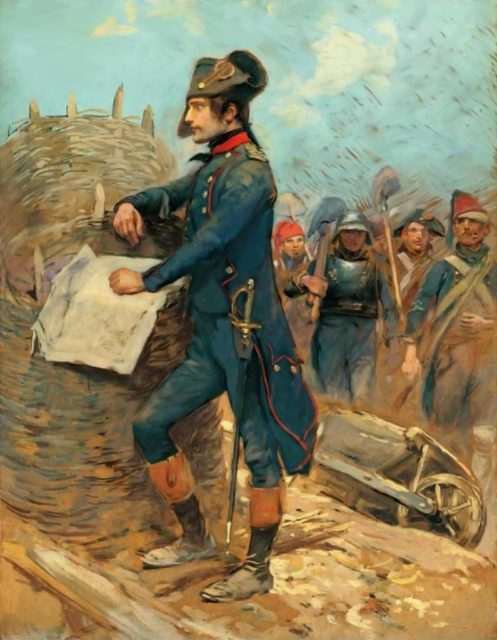
General
Napoleon had three high-profile achievements as a general. Although one was a failure and one was an action against fellow Frenchmen, he turned all three into good publicity that fuelled his career.
First came 13 Vendémiaire, named after its date in the revolutionary calendar. In October 1795, Napoleon used quick thinking and tactically placed artillery to control rioters threatening to overthrow the government in Paris. This made him popular with the government and its supporters.
In 1796, Napoleon was in charge of the newly created French Army in Italy. There, he used superior tactics and technology to repel the massed armies of Austria. He won dozens of battles, took tens of thousands of prisoners, and turned Italian cities into French satellite states. Then, just as the French public was tiring of bloodshed, he negotiated an advantageous peace treaty.
In France, he was immortalized in plays and poems, thanks in no small part to the newspapers he backed.
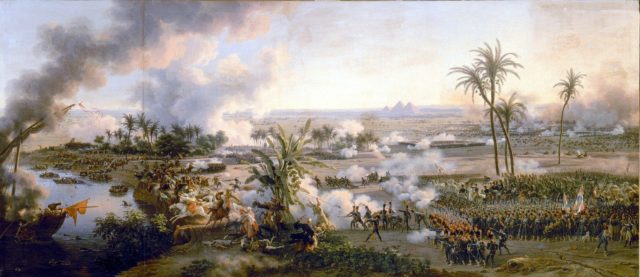
In 1798, Napoleon assembled and led an expedition to Egypt. Alongside his vast army, he took a large team of scholars to study the country and its ancient ruins. The main aim of the expedition, however, was to take control of strategic British trade routes.
At first, Napoleon had successes in Egypt, winning battles and making friends through diplomacy. Then disaster struck in August 1798, when Nelson destroyed the French Fleet at the Battle of the Nile.
Cut off from their supplies; the French were forced onto the defensive, retreating to the end of the Mediterranean. Napoleon turned his generalship to his political advantage. Abandoning his men to return to France, he arrived in Paris well ahead of news of the disaster. There, he was able to emphasize his military and scholarly triumphs.
As a general, he had hugely advanced his political career.
First Consul
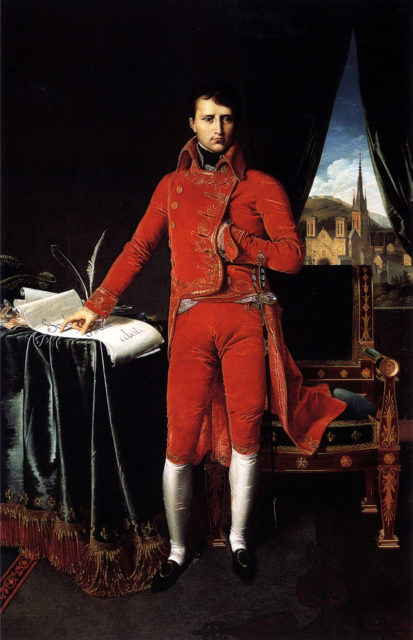
Since the revolution of 1789, the government of France had been unstable. A cycle of different leaders and forms of government had created a great sense of uncertainty.
The latest in a series of plots, a group of politicians led by the Abbé Emanuel Sieyès were planning to overthrow the Directory Government. To do this, they needed the backing of a military leader. Everyone they approached refused; then they asked Napoleon.
Sieyès believed he could use Napoleon’s military power and then set him aside. They would take control of the government and bring in a new constitution; then the General would return to his wars.
Sieyès was proved very wrong.
On November 9, 1799 – 18 Brumaire in the revolutionary calendar – the conspirators launched their coup. Thanks to Napoleon, they were able to calmly and quickly take political control of the country. Thanks in part to his image, there was very little protest. Leadership by Napoleon offered the possibility of stability.
The new government would be led by three consuls, with Napoleon as First Consul. The dream that these three would be equal was quickly quashed. Napoleon took all the power to himself. He was France’s political ruler in all but name.
Emperor
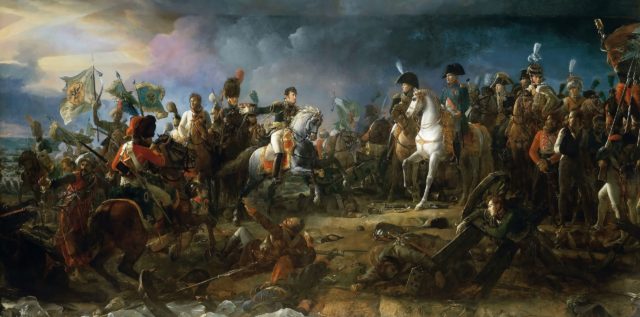
Over the next five years, Napoleon used his power to lead France to success. He also used it to grow his authority, both by political action and by propaganda. A plebiscite endorsed the new constitution. Another constitution in 1802 made him First Consul for life. Finally, in May 1804, yet another new constitution was put forward by the Senate; Napoleon was made Emperor.
In a grand ceremony, Napoleon crowned himself in front of the Pope and all the notables of France. The role of ruler, which he had effectively played for five years, was now official. He had gone from radical republican to the monarch.
At last, Napoleon’s power and status were absolute. Though it lasted only a decade, his position as Emperor allowed him to rule France without question. He led the country through military triumph, economic warfare, and finally bloody defeat.
It was a long way from his start as an obscure Corsican noble.
Sources:
Mike Duncan, Revolutions Podcast.
Alan Forrest (2011), Napoleon.
Matthew D. Zarzeczny (2013), Meteors that Enlighten the Earth: Napoleon and the Cult of Great Men.
